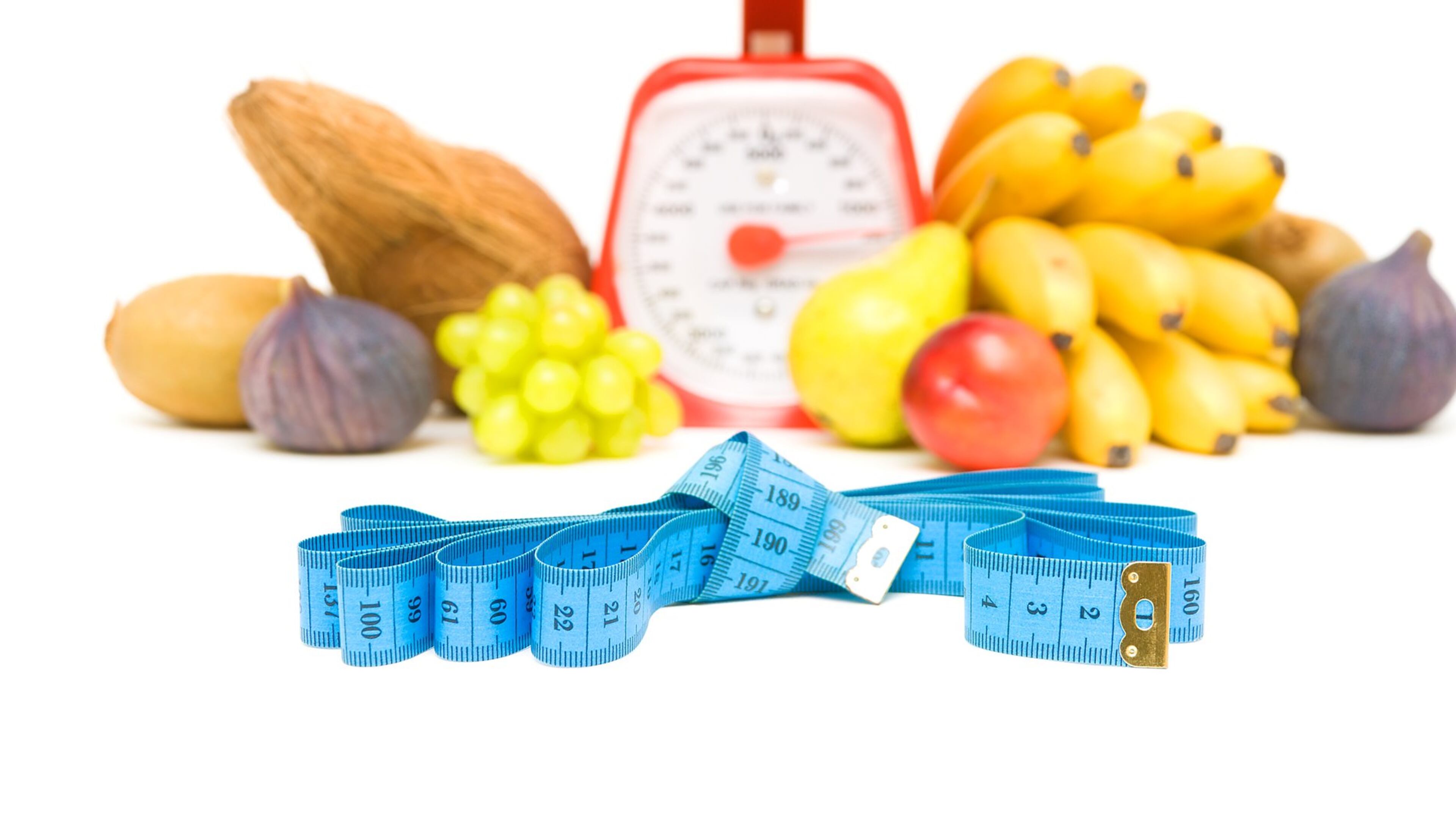DASH into New Year

It’s one of the most effective diet strategies to bring down blood pressure and reduce dangerous inflammation. It helps us lose weight and protects almost every organ in our bodies. And hardly anyone knows about it.
It’s called the DASH diet, not to be confused with the popular seasoning. DASH stands for Dietary Approaches to Stop Hypertension … yawn. Yet for the past seven years, the DASH diet got top billing on the US News & World Report list of best diets to promote weight loss and long-term health. And, as opposed to many of the diet plans coming your way in 2018, DASH is supported by some of the best research out there.
What makes it so cool? DASH does more than just lower blood pressure. It’s been shown to lower the risk for kidney disease, improve heart function and even lower our risk for certain types of cancer.
Believe it or not, the main focus of this diet plan is not to cut out salt. DASH lowers blood pressure due to its unique mixture of nutrients such as protein, fiber, potassium, magnesium and calcium. Experts have found that when these substances team up, they work synergistically to normalize blood pressure and fight off health-robbing inflammation. Published results have been nothing short of amazing.
If we don’t yet appreciate how important it is to keep our blood pressure normal, here are a few scare tactics from registered dietitian Denise Webb, PhD. High blood pressure, says Webb, can cause bulging or ruptured arteries, weakened enlarged hearts, stroke, dementia, kidney failure, damaged blood vessels in the eye and sexual dysfunction in men.
Ready to pay attention now? Perhaps we might want to adopt one or more of these DASH-related resolutions to keep us dancing into the New Year:
Buy a measuring cup and fill it 2 to 3 times a day with vegetables. Then eat those vegetables.
Designate at least 4 snacks or meals a week to eat nuts, seeds, beans or lentils.
Buy bread, cereal, crackers and other grains made with “whole” grains.
Consume at least 2 servings of low fat milk, cheese or yogurt each day. Lactose-reduced products and buttermilk work, too.
For an afternoon or evening lift, replace sugary sweet snacks with fresh, frozen, canned (without added sugar) or dried fruit.
Eat 3 to 6 ounces of fish, poultry, lean meat or meat substitutes each day.
Instead of drowning food with butter, mayonnaise or salad dressing, realize that a little dab will do me.
Drink no more than 1 or 2 alcoholic drinks a day or don’t drink at all.
Find the complete DASH eating plan at https://www.nhlbi.nih.gov/health-topics/dash-eating-plan. It's free! That's something to celebrate.
———
(Barbara Quinn is a registered dietitian and certified diabetes educator affiliated with Community Hospital of the Monterey Peninsula. She is the author of "Quinn-Essential Nutrition" (Westbow Press, 2015). Email her at to barbara@quinnessentialnutrition.com.)

